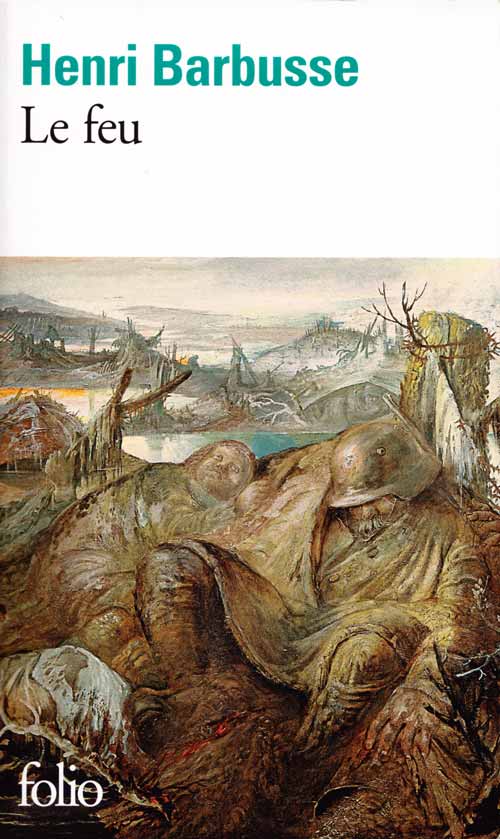

The American literary tradition has, in a far shorter span of time than others throughout history, achieved a glowing and glittering reputation.įrom its transatlantic roots it has absorbed the sons and daughters of other cultures, other lands and made them part of her own.Īmerica prides itself on liberty, on justice for all and, if you are a wealthy white man, that is essentially true. Barbusse characterized the birth of Soviet Russia as "the greatest and most beautiful phenomenon in world history." The book Light from the Abyss (1919) and the collection of articles Words of a Fighting Man (1920) contain calls for the overthrow of capitalism.American Short Story The. Of these, the 1921 Le Couteau entre les dents (The Knife Between My Teeth) marks Barbusse's siding with Bolshevism and the October Revolution. His later works, Manifeste aux Intellectuels (Elevations) (1930) and others, show a more revolutionary standpoint.


He joined the French Communist Party in 1923 and later traveled back to the Soviet Union. The Russian Revolution had significant influence on Barbusse's life and work. His novel, Clarté, is about an office worker who, while serving in the army, begins to realize that the imperialist war is a crime. In January 1918, he left France and moved to Moscow, where he married a Russian woman and joined the Bolshevik Party. Le Feu drew criticism at the time for its harsh naturalism, but won the Prix Goncourt. By this time, Barbusse had become a pacifist, and his writing demonstrated his growing hatred of militarism. Invalided out of the army three times, Barbusse would serve in the war for 17 months, until the end of 1915, when he was permanently moved into a clerical position due to pulmonary damage, exhaustion, and dysentery.īarbusse first came to fame with the publication of his novel Le Feu (translated by William Fitzwater Wray as Under Fire) in 1916, which was based on his experiences during World War I. In 1914, at age 41, he enlisted in the French Army and served against Germany in World War I. Although he grew up in a small town, he left for Paris in 1889, at age 16. The son of a French father and an English mother, Barbusse was born in Asnières-sur-Seine, France in 1873.


 0 kommentar(er)
0 kommentar(er)
